detail profile pedro de moraes
Peran Yang Di Mainkan Pedro de Moraes
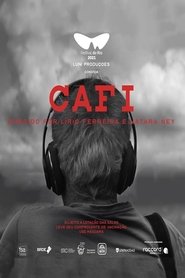 It portrays the work of Carlos...
It portrays the work of Carlos...Cafi 2021
It portrays the work of Carlos Filho, Cafi, a photographer from Recife, who for more than 40 years has dedicated himself to recording a large part of the events of dance, theater and Brazilian popular music. Recordings, concerts, tours and rehearsals by important artists passed through Cafi's lens.
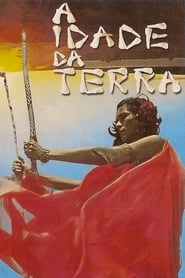 Drawing inspiration from a poem penned...
Drawing inspiration from a poem penned...The Age of the Earth 1980
Drawing inspiration from a poem penned by Castro Alves, this film vividly captures the political, cultural, and intellectual climate of Brazil during the late 1970s. At its core, the story revolves around four distinctive embodiments of Christ's image: a black man, a soldier, an Indian, and a guerrilla fighter. These courageous individuals, hailed as the harbingers of doom in the tupiniquim lands, valiantly combat the insatiable avarice and oppressive "civilizing" brutality propagated by the formidable John Brahms—a foreign exploiter devoid of morals.
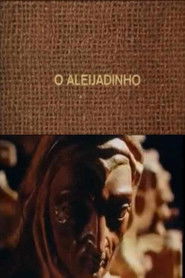 O Aleijadinho a study of the...
O Aleijadinho a study of the...O Aleijadinho 1978
O Aleijadinho, a study of the work of Antonio Francisco Lisboa, the architect whose cathedral de Andrade had assisted in the restoration of more than 20 years earlier. de Andrade dedicated the film to his father, who had sent him on the expedition.
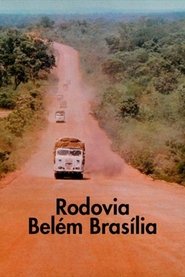 Documents the arrival of progress with...
Documents the arrival of progress with...Rodovia Belém - Brasília 1973
Documents the arrival of progress with the construction of the Belém-Brasília highway, to improve the living conditions of the people in the cities in the interior of the country. It also presents interviews with people from the region, who express their opinion about the benefits brought by the highway.
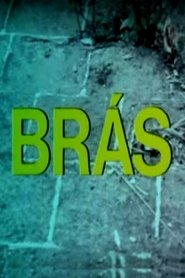 A look at Brs one of...
A look at Brs one of...Brás 1973
A look at Brás, one of São Paulo's main Italian districts from its start until the 70s.
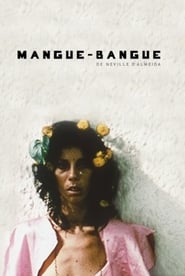 The quasifictional story of transgender sex...
The quasifictional story of transgender sex...Mangúe-Bangúe 1971
The quasi-fictional story of transgender sex workers living in Rio de Janeiro's swampy red light district, who are joined by a group of hippies and a runaway stockbroker, "Mangue-Bangue" is the paradigmatic expression of the post-1968 spirit of desbunde, the Brazilian slang catchword for "sex, drugs, and rock 'n' roll".
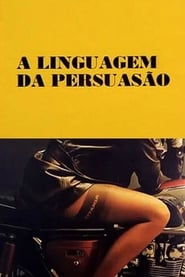 Short documentary about the ideology of...
Short documentary about the ideology of...The Language of Persuasion 1970
Short documentary about the ideology of publicity and mass medias.

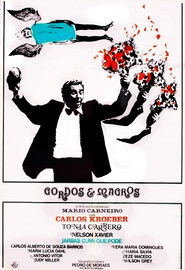 After staying the day at the...
After staying the day at the...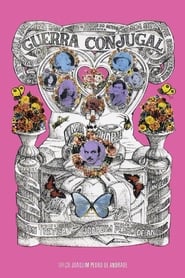 Many stories revolving around a poor...
Many stories revolving around a poor...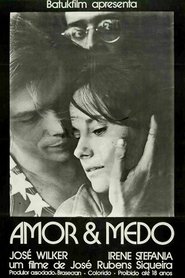 A film director and his wife...
A film director and his wife...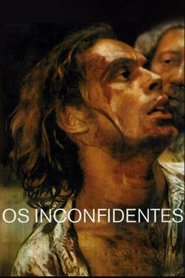 The real story of the failed...
The real story of the failed...